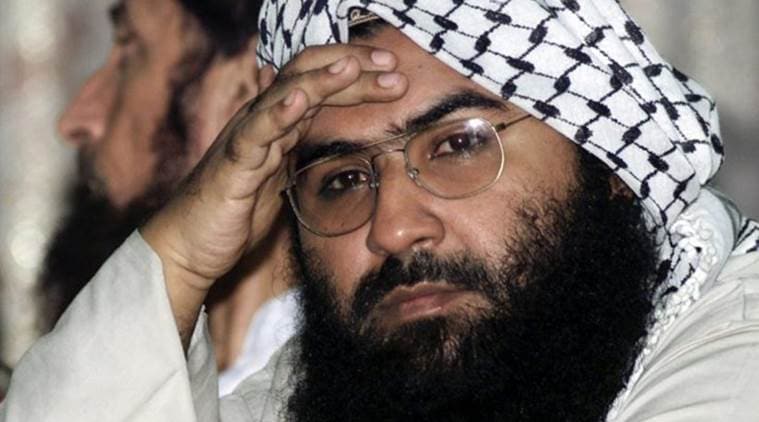
In a bid to counter what it calls “anti-China sentiment” in India following China’s ‘technical hold’ in the UNSC, the state-run Global Times said India did not present “new proof” to support the blacklisting of Jaish-e-Mohammed leader Masood Azhar.
In a short video, Global Times editor-in-chief Hu Xijin, said Indians “should notice that China just put a technical hold on the move. It did not veto it. In fact, based on what I know India didn’t present new proof to support blacklisting Masood Azhar.” He said Indian nationalists “making a fuss of the issue reflects their shallowness. China is India’s friend not a hostage of Indian nationalism.”
Citing a Chinese scholar on South Asian Affairs, Hu said he was told that New Delhi didn’t expect the proposal to be approved this time. “By forcing China to put a technical hold on India’s bid, Indian government aims to instigate domestic public opinion, direct pressure away from New Delhi and win more support for BJP in the upcoming general election,” he said.
Also Read | India to show patience with China on listing Masood Azhar a ‘global terrorist’ at UNSC
Speaking specifically on the United Nations 1267 Sanctions Committee, which is “tasked with sanctioning Taliban, Al Qaeda and ISIS”, Hu said that to blacklist an organisation and individual under this committee, “connections with those terror organisations have to be proved”. “India should provide specific material to prove the connection between Masood Azhar and these organisations. India’s nationalists making a fuss of the issue reflects their shallowness. China is India’s friend not a hostage of Indian nationalism,” he said. The Global Times also ran a news piece, ‘China needs solid proof in Azhar case’, citing “three experts” on why China decided to put a ‘technical hold’ and needed more time to examine the request. Liu Zongyi, a senior fellow at the Shanghai Institute for International Studies, who is quoted in the piece, said “China’s technical strategy is to question India’s definition of terrorism, which lends itself to deep divisions. There is a lack of consensus to proscribe Azhar under the 1267 Al Qaeda Sanctions Committee of the UN Security Council.”
Liu also said that “JeM has been included in the Security Council terrorism sanctions list. It does not target civilians but the Indian military and police. India is forcing China to support its bid. But China will not yield to pressure.” He added: “New Delhi always links a small issue to the larger canvas of China-India bilateral ties, and asks for favours without paying back.”
Another commentator, Long Xingchun, a non-resident fellow of Chongyang Institute for Financial Studies at Renmin University, said that if India cannot offer “new evidence”, China “will not change its position”. “It is not known if India has consulted China and Pakistan beforehand. If it wants China to back its claims, it should hand out solid evidence against Azhar as China has always requested. But if there is no new evidence, India should anticipate China’s refusal.”